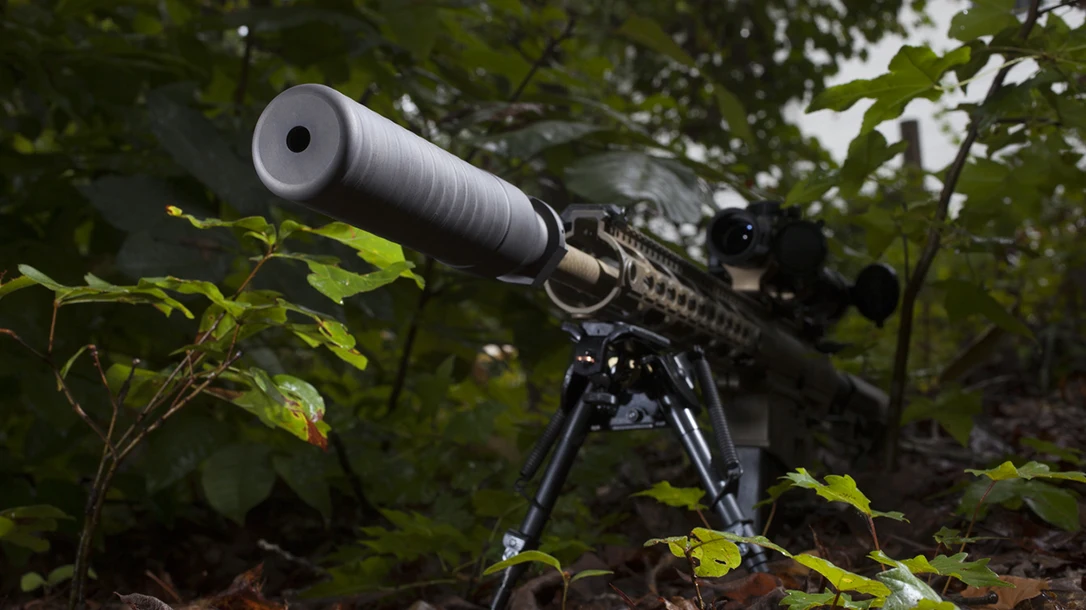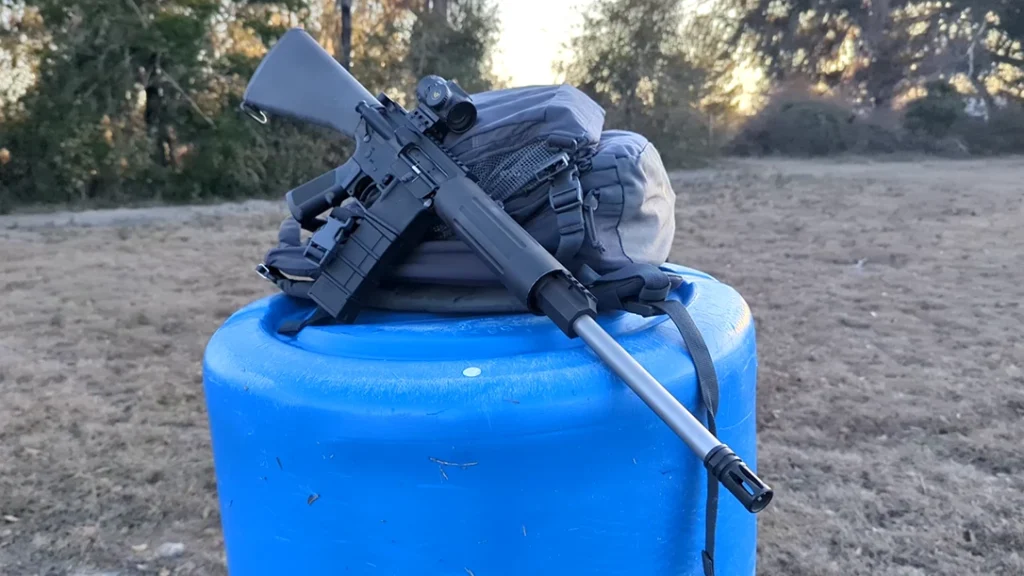This post was originally published on this site.
Chances are, if you spent time around firearms or have watched any type of action-packed movie, you will have heard the term, “suppressors,” or “silencers.” These cylindrical shaped devices, also called cans, are designed to attach to the barrel of your firearm and reduce the sound and recoil of your tool by slowing and cooling down expanding gases that are released from the barrel.
Many people value suppressors for their aesthetically pleasing design and ability to provide a comfortable shooting experience. However, it is important to recognize that there are many misconceptions about suppressors that can negatively impact how people view these devices. To help you better understand suppressors and their purpose, let’s debunk four common myths.
Myth #1: They Make Your Firearm Silent
Thanks to the name ‘silencer,’ and how they are portrayed in movies, suppressors are viewed as a device that make your firearm completely silent. And while this is enjoyable and entertaining to watch on screen, it is not reality. A suppressor’s main function is to muffle sound, which, in turn, reduces the decibel level of a gunshot. Firearms that are unsuppressed can range between 140-175 decibels, while firearms with a suppressor can range anywhere between 120 to 150 decibels, providing an environment that is less harmful to a shooter’s ears. Essentially, the best way to view silencers is as a second form of hearing protection. When shooting a suppressed firearm, you will still hear the blast, but it will be at a much quieter and safer noise level.
Advertisement — Continue Reading Below
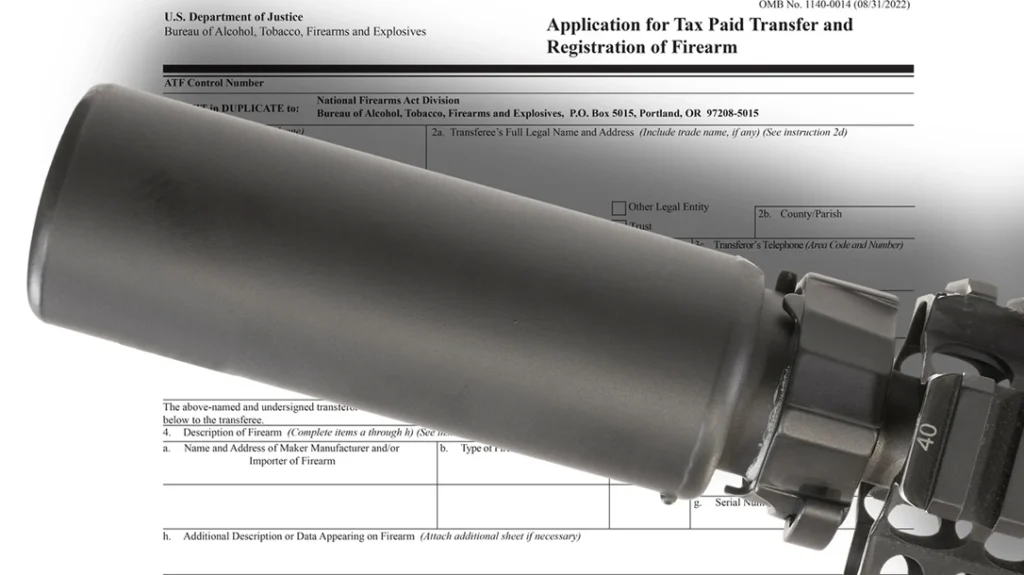
Myth #2 Suppressors are Illegal to Own
Silencers are federally regulated under the National Firearms Act of 1934, making them completely legal to own, given that you live in a state that allows private citizens to purchase them. As of now, there are currently 42 states that allows citizens to own and use suppressors. Eight states that prohibit suppressors include California, Delaware, Hawaii, Illinois, Massachusetts, New York, New Jersey, and Rhode Island. The district of Columbia also does not allow citizens to own suppressors. Furthermore, Vermont and Connecticut are currently the only two states where citizens may own sound moderators but are prohibited from using them while hunting. To find out if you can legally own a can, it is highly recommended (and encouraged) you research your state and local laws.
Myth #3: You Need a License to Own Them
Many people assume that, because suppressors are regulated, that automatically means you need a license to purchase one. In reality, to own or purchase, an individual must be a United States citizen, be at least 21 years old, pay a one time $200 tax, complete ATF Form 4 and pass a BATFE background check. While the process is a bit more time-consuming than purchasing a firearm, you do not need a license, permit or certificate to own a suppressor. The people that are required to hold a license (specifically a Class 3 License) to sell suppressors are dealers.
Advertisement — Continue Reading Below
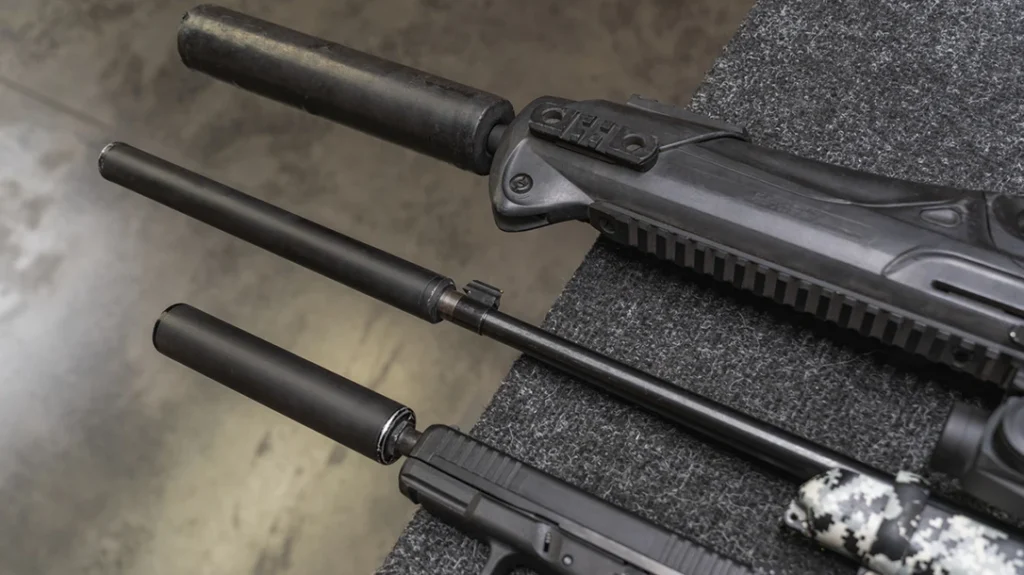
Myth #4: They Negatively Impact Accuracy
Depending on the type and the materials used to construct suppressors, these devices can range anywhere between an ounce to a pound. This added weight on your barrel may not seem like much, but it has the ability to compromise the vibrations of the barrel when a bullet has been fired. As a result, this affects a bullet’s trajectory and can lead to poor accuracy. However, it is important to recognize that factors such as how the suppressor is installed, the type of ammunition used, and the quality of both the firearm and the silencer can make your shots less precise.
The truth of the matter is that, yes, suppressors can impact accuracy, but it is not always in a way that many assume. In reality, many shooters find that suppressors actually improve their accuracy, because the reduced recoil creates less muzzle rise, leading to better shot groupings. Not to mention, the quieter shooting environment that silencers provide can result in less flinching from a shooter, creating a comfortable shooting experience.
Advertisement — Continue Reading Below
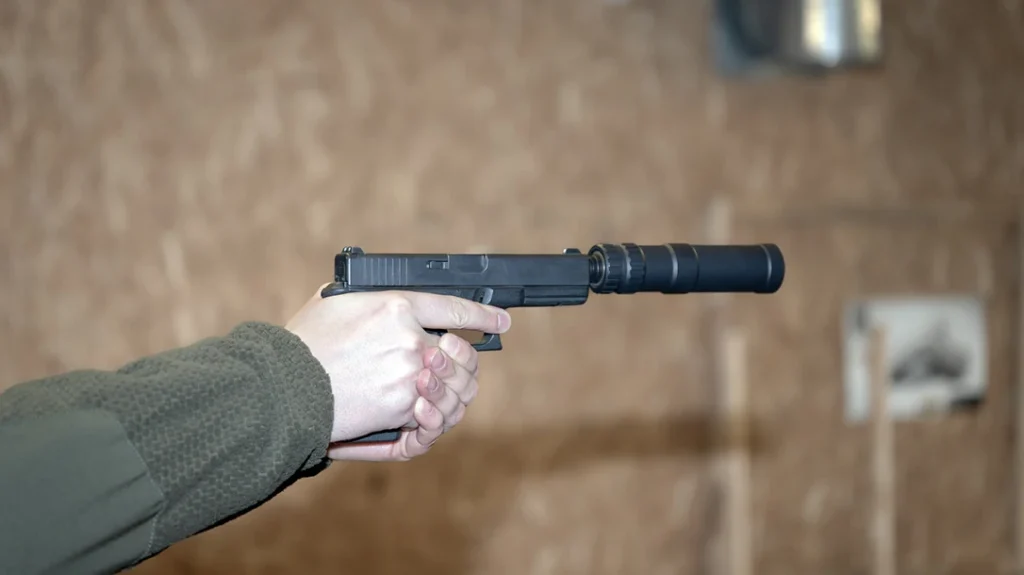
Final Thoughts
Overall, suppressors are a device that are used for hunting, self-defense, and recreational use, designed as a form of hearing protection and noise control. Contrary to belief, they do not completely silence your firearm, are completely legal to own, and do not require a license. They also help improve accuracy while shooting, resulting in a device that shooters of all skill levels can appreciate and enjoy. If suppressors seem like an accessory on your firearm that you need, it is highly recommended you do your own personal research and talk to your local dealers to gather more information on the best way to proceed.
The post Basic Suppressor Understanding: 4 Myths Busted appeared first on Athlon Outdoors Exclusive Firearm Updates, Reviews & News.
Advertisement — Continue Reading Below
